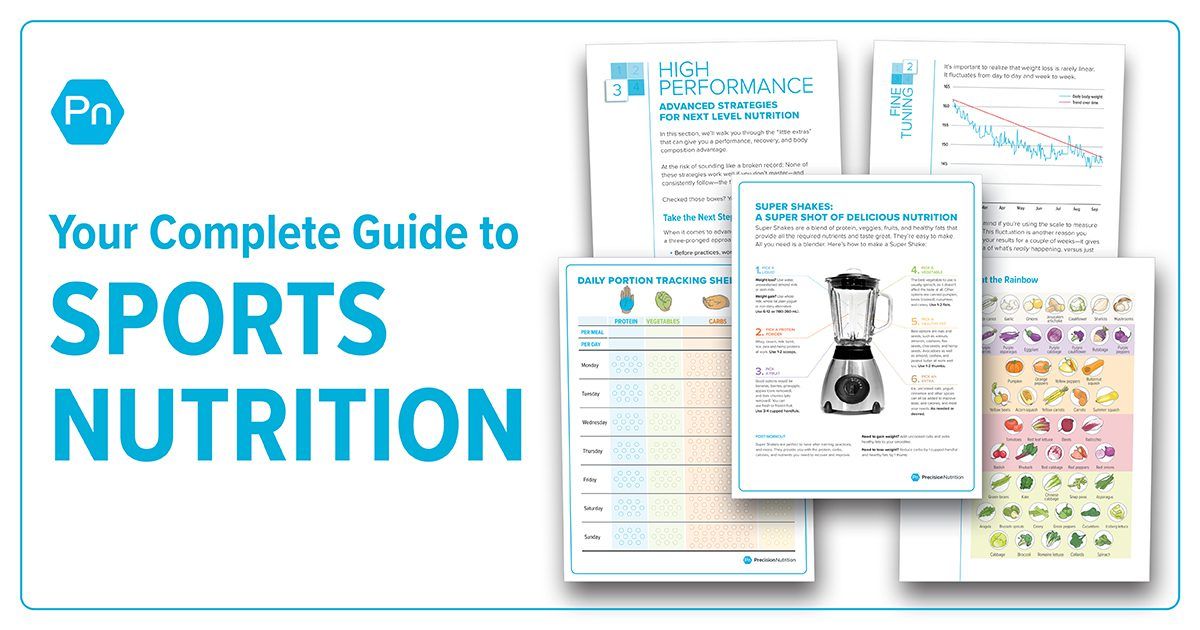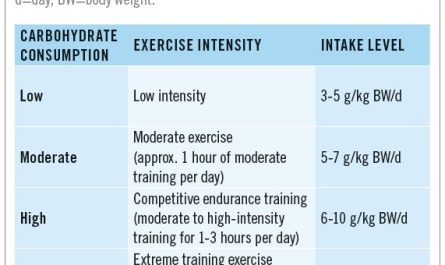When it comes to achieving peak performance in sports, nutrition plays a crucial role. A well-planned sports nutrition plan can help athletes perform at their best, recover faster, and maintain optimal health. In this article, we will discuss how to create a sports nutrition plan that is tailored to your individual needs and goals.
Evaluate Your Current Diet
The first step in creating a sports nutrition plan is to evaluate your current diet. Keep a food diary for a few days to track what you are eating and drinking. Pay attention to the types of food you consume, as well as the timing and portion sizes. This will give you a clear picture of your current nutritional habits and help you identify areas for improvement.
Set Your Goals
Before creating a sports nutrition plan, it is important to set your performance goals. Whether you are looking to improve your endurance, speed, strength, or overall performance, your nutrition plan should be tailored to support these goals. Consult with a sports nutritionist to help you set realistic and achievable goals based on your sport and training regimen.
Calculate Your Caloric Needs
Once you have evaluated your current diet and set your performance goals, the next step is to calculate your caloric needs. The number of calories you need will depend on factors such as your age, gender, weight, height, activity level, and training intensity. A sports nutritionist can help you determine your daily caloric needs and develop a meal plan that meets these requirements.
Focus on Macronutrients
Macronutrients are the essential nutrients that provide energy and support optimal performance. Your sports nutrition plan should include a balance of carbohydrates, proteins, and fats to fuel your workouts and aid in recovery. Carbohydrates are your body’s preferred source of energy, proteins are essential for muscle repair and growth, and fats provide a concentrated source of energy for endurance activities.
Optimize Your Pre-Workout Nutrition
Pre-workout nutrition is crucial for providing your body with the energy it needs to perform at its best. Aim to consume a balanced meal or snack that includes carbohydrates, proteins, and fats 1-2 hours before your workout. This will help fuel your muscles and prevent fatigue during your training sessions.
Recovery and Hydration
After a strenuous workout, it is important to refuel your body with the nutrients it needs to recover and repair. Focus on consuming a post-workout meal or snack that includes carbohydrates and proteins to replenish your glycogen stores and support muscle recovery. Additionally, hydration is key to maintaining optimal performance, so be sure to drink plenty of water throughout the day and during your workouts.
Supplement Wisely
While whole foods should be the foundation of your sports nutrition plan, supplements can be used to fill in any nutrient gaps or improve performance. Consider consulting with a sports nutritionist to determine which supplements, if any, are right for you. Common supplements for athletes include protein powders, creatine, and branched-chain amino acids.
Monitor and Adjust Your Plan
Creating a sports nutrition plan is not a one-size-fits-all approach. It is important to monitor your progress, listen to your body, and make adjustments as needed. Keep track of how your body responds to different foods and timing of meals, and make changes accordingly. Be flexible and willing to experiment to find what works best for you.
Conclusion
A well-planned sports nutrition plan can make a significant impact on your performance and overall health. By evaluating your current diet, setting goals, calculating your caloric needs, focusing on macronutrients, optimizing pre-workout nutrition, prioritizing recovery, supplementing wisely, and monitoring and adjusting your plan, you can create a nutrition strategy that supports your athletic endeavors and helps you reach peak performance.
Remember, consistency is key when it comes to sports nutrition. Stay committed to your plan, fuel your body with the nutrients it needs, and watch as your performance and results improve over time.




